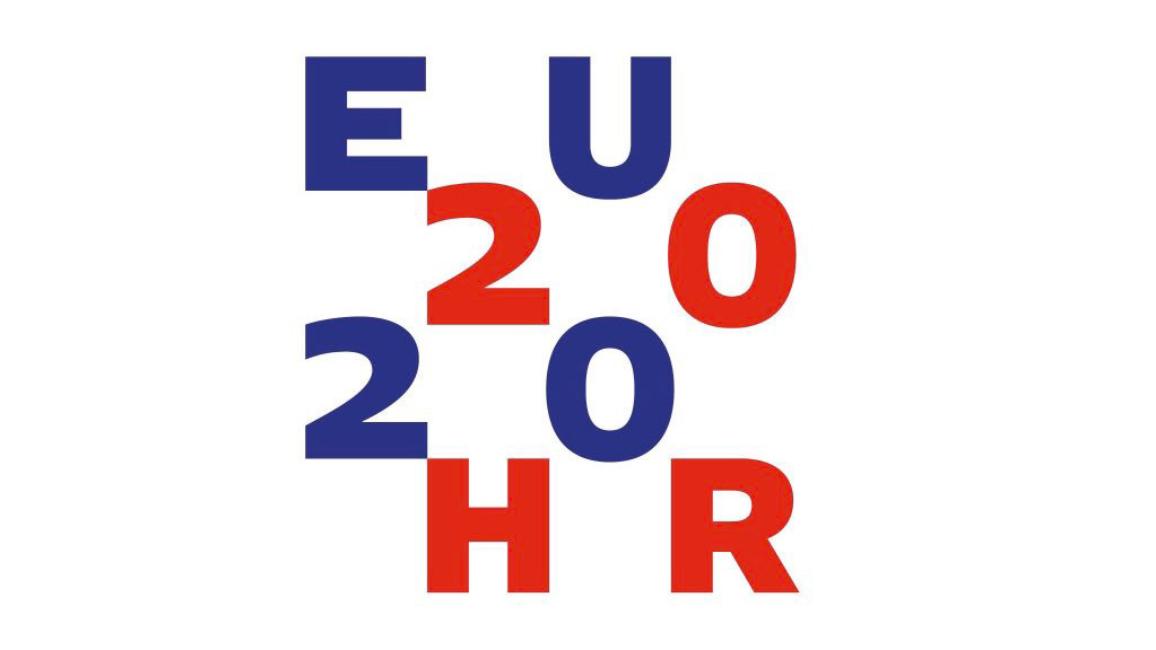Priorities in the field of education and training
By investing in human capital, we not only strengthen resilience and develop the potential of the economy, but we also create the foundation for social cohesion and active citizenship. Education occupies an increasingly important position in the implementation of reforms within the European Semester, therefore the Presidency is planning a ministerial debate and the adoption of a resolution on educational reforms in the European Semester. The Presidency will also focus on discussing the proposal for a new strategic framework for cooperation in education and training by 2030.
Teachers at all levels of education face the challenges of modern society, conceptual changes in the approach to learning and teaching, digital transformation of schools, innovative and contemporary pedagogy and analytics of learning and teaching, and a culture of school governance and mana- gement. The Presidency will propose Council conclusions on European ‘teachers and trainers for the future’ and organise a conference dedicated to teachers as promoters of ‘new skills’ for the jobs of the future.
Mobility of scientists is a strategic goal, but also a consequence of the development of internationally relevant science and the internationalisation of higher education, with some countries benefitting and some losing intellectual wealth and human capital. Balanced mobility and ‘brain circulation’ are prerequisites for the cohesion and balanced development of all parts of the European Union. Strengthening the mobility and positioning of the EU as an attractive place for study and scientific research will contribute to the creation of a European Education Area by 2025, notably the European Universities. The Presidency will continue to work on the timely adoption of the new ERASMUS+ Programme.
